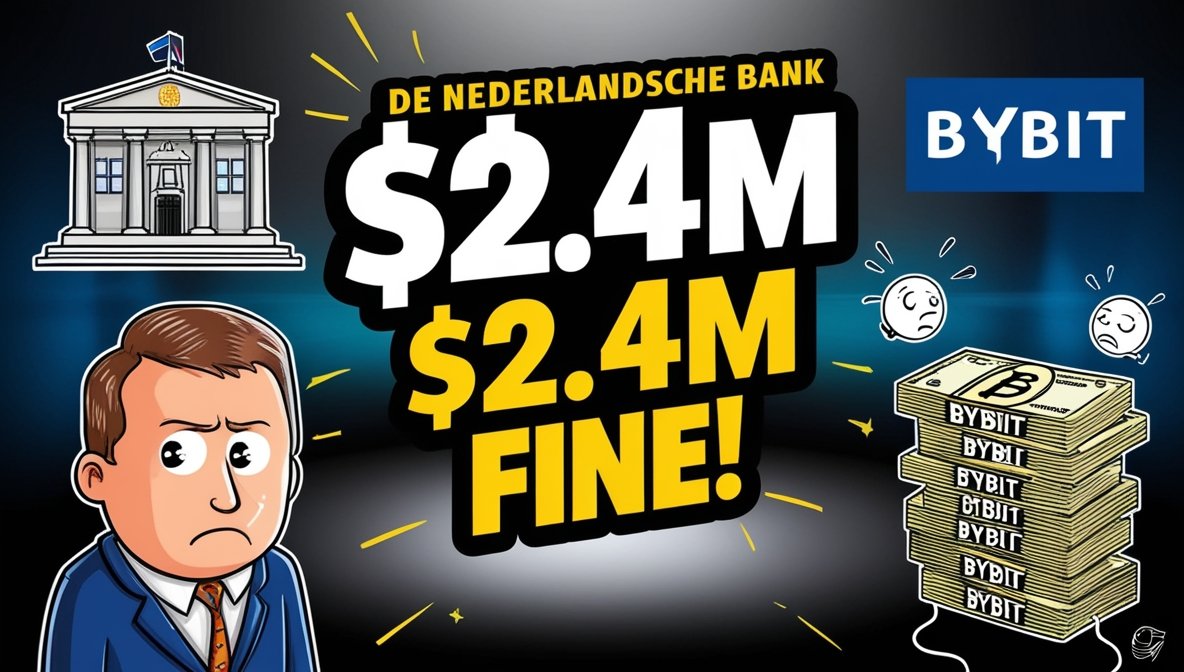Coinbase Finds More Trouble as It’s Hit with Another Lawsuit
Coinbase can’t seem to catch a break.
Investor Brady Nessler has filed a class action lawsuit against Coinbase Global Inc. (COIN) in the U.S. District Court for the Eastern District of Pennsylvania, claiming the exchange concealed key details about a $20 million extortion attempt tied to a data breach.
Hackers reportedly stole sensitive customer info—like names, addresses, and even identity documents—and then tried to extort Coinbase. Nessler’s lawsuit alleges the company knew about the breach and failed to notify shareholders properly.
“As a result of Defendants’ wrongful acts and omissions… Plaintiff and other Class members have suffered significant losses,” the lawsuit reads.
The class action seeks financial damages, legal fee reimbursement, and a jury trial, but they haven’t issued a public response yet.
This is not the first legal blow for the crypto giant. Earlier this month, Coinbase confirmed hackers bribed third-party contractors to access consumer data, triggering six lawsuits in the aftermath. The company now expects to shell out $180M–$400M in remediation and refunds.
The legal chaos is hitting COIN stock hard. As of the latest update, COIN is trading at $261.16, down 3.23% from the previous close.
Crypto Twitter is buzzing with debate, with some calling for stricter security standards in crypto platforms. As more lawsuits pile up, Coinbase is facing serious pressure to clean up its security—and fast.
YOU MIGHT ALSO LIKE: Ripple’s Bold $110B Play: Why XRP Could Skyrocket Amid Hidden Road Deal









